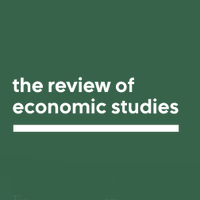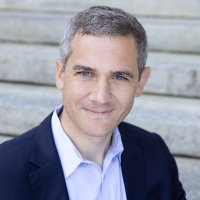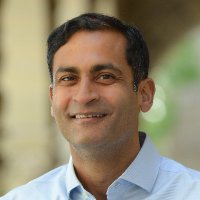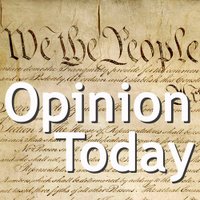
Charles Angelucci
@angelucci_ch
Economist @MITSloan
ID: 1488808039
06-06-2013 21:36:06
74 Tweet
567 Followers
674 Following

Our colleague at MIT Sloan School of Management Applied Economics has been missing since Friday, last seen in Rochester, NY. Please spread the word if you know someone in the area.

🚨PREDOC JOB ALERT🚨 My colleague Charles Angelucci (Charles Angelucci MIT Sloan School of Management) and I are looking to hire a pre-doctoral fellow! Students interested in media economics and political economy, and wishing to pursue a Ph.D. in economics are especially welcome to apply. ✅ Apply



Has the death of truth been greatly exaggerated? New research suggests that “the average person is very well capable of distinguishing mainstream real news,” says Charles Angelucci. Coverage of the research, forthcoming in AEA Journals, from our Clark Merrefield: journalistsresource.org/media/post-tru…

Interesting finding by Charles Angelucci and Andrea Prat: the ability to distinguish real from fake news is driven much more by demographics (age, education, gender, ethnicity,...) than party affiliation


Most US voters are able to identify basic facts about current events. But age, education, gender, income, and ethnicity appear to play an important role, even more than partisanship, say researchers at MIT Sloan School of Management and Columbia Business School. #ResearchHighlight aeaweb.org/research/journ…


Please share: we are looking for a part- or full-time RA (master or PhD) for projects on the drivers and effects of national election outcomes with Benjamin Marx and Vincent Rollet. Flexible location and start date. Pls send a short email and CV at [email protected] if interested!



Vincent Geloso Economic and Business History Society In our Political Trenches paper, we provide a concrete example of local recruiting (among other things) through the example of Corporal Louis Barthas, whose war-time notebooks are a very useful trench-level source on the war. He was from Peyriac-Minervois, and was, lo and behold,


Beliefs About Political News in the Run-up to an Election: A model of news discernment exploring the influence of elections on the formation of partisan-driven parallel information universes. (Charles Angelucci @michelgutmann Andrea Prat) More: opiniontoday.substack.com/p/240812-topli…

Elections amplify partisan news bias. Just before the 2020 US election, people were 11 percent more likely to believe true news favoring their party, vs 4 percent outside election season, from Charles Angelucci, Michel Gutmann, and Andrea Prat nber.org/papers/w32802








